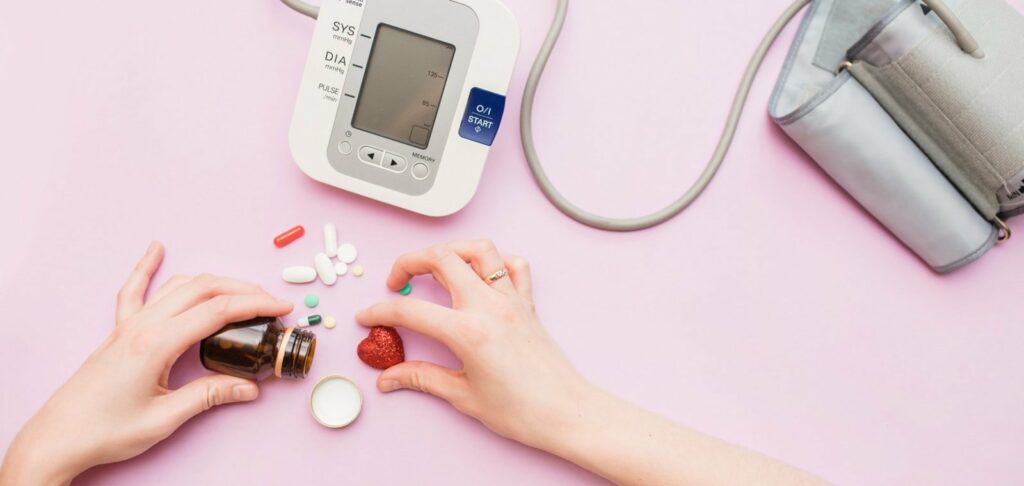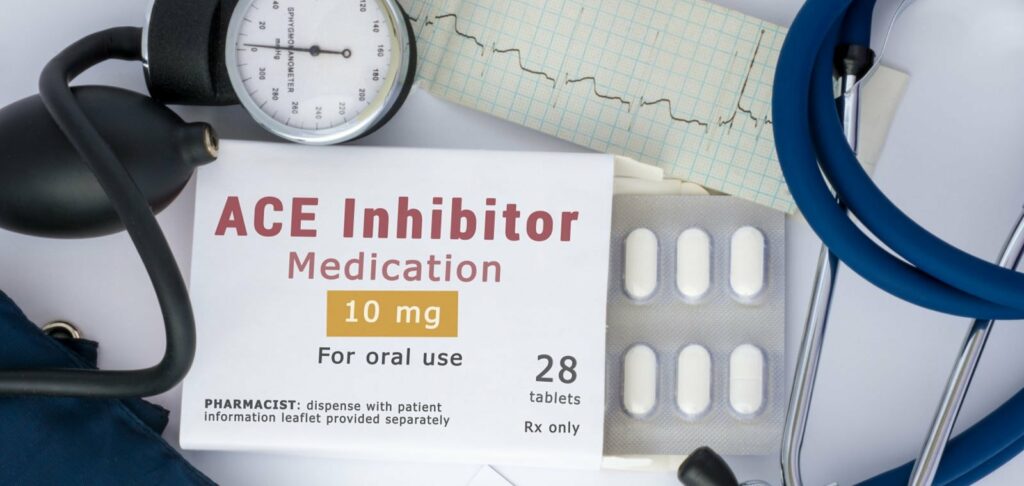
For healthy people, the property of some cold remedies to raise blood pressure is not a problem, because such drugs are usually taken for a short period of time only during illness. However, people with hypertension should be careful. Their blood pressure can rise to dangerous levels while taking such medications. In addition, some cold remedies can reduce the effectiveness of medications that these people take regularly for hypertension or heart disease.
Non-steroidal anti-inflammatory drugs
Non-steroidal anti-inflammatory drugs help to reduce inflammation and relieve headache and muscle pain associated with colds and flu. However, according to a 2014 review, one of the most popular NSAIDs, ibuprofen, which is also included in many combination cold remedies, increases the risk of hypertension and stroke, while aspirin does not increase these risks. Therefore, people with arterial hypertension should not take NSAIDs during acute respiratory infections, or at least prefer aspirin.
Vasoconstrictors
Vasoconstrictors, which help relieve the symptoms of a stuffy nose, can also be dangerous for people with hypertension and other cardiovascular disorders.
They constrict blood vessels in the sinuses, but they also affect blood vessels in other parts of the body, leading to increased blood pressure and heart rate. The drugs that most often cause problems in people with hypertension are ephedrine and pseudoephedrine, naphazoline, oxymetazoline, and phenylephrine.
In addition, vasoconstrictors can also interact with hypotensive drugs, reducing their effectiveness.
Affordable alternative
Thus, when it comes to relieving cold and flu symptoms, a patient with hypertension and other cardiovascular diseases is better advised to use alternative remedies such as:
- drinking plenty of fluids,
- drink tea with lemon and honey to soothe the throat,
- gargle with saline or chlorophyllipt solution,
- use saline or seawater spray to rinse the nose,
- keep the room very humid,
- get more rest.
Shutterstock/FOTODOM UKRAINE photos used


